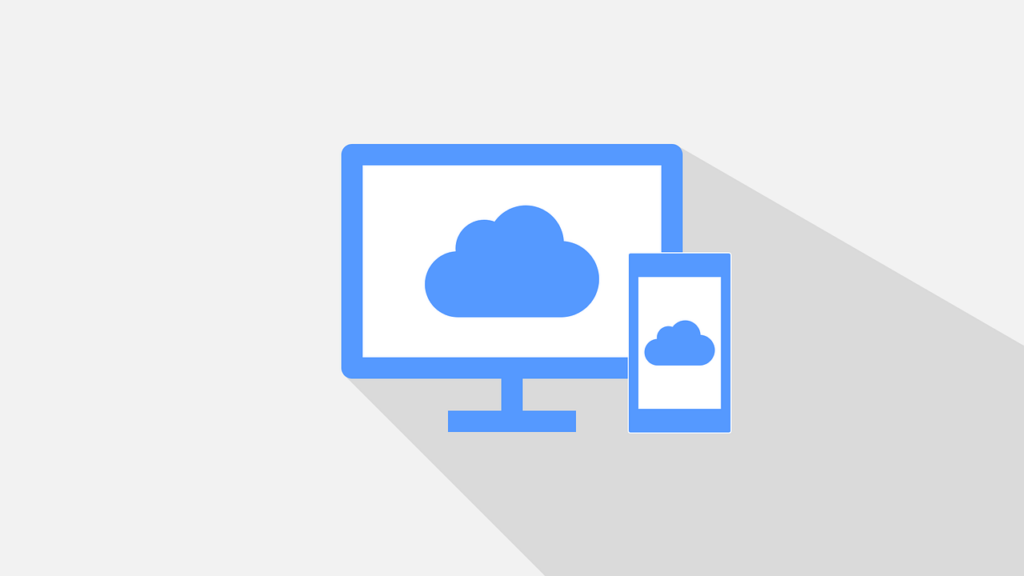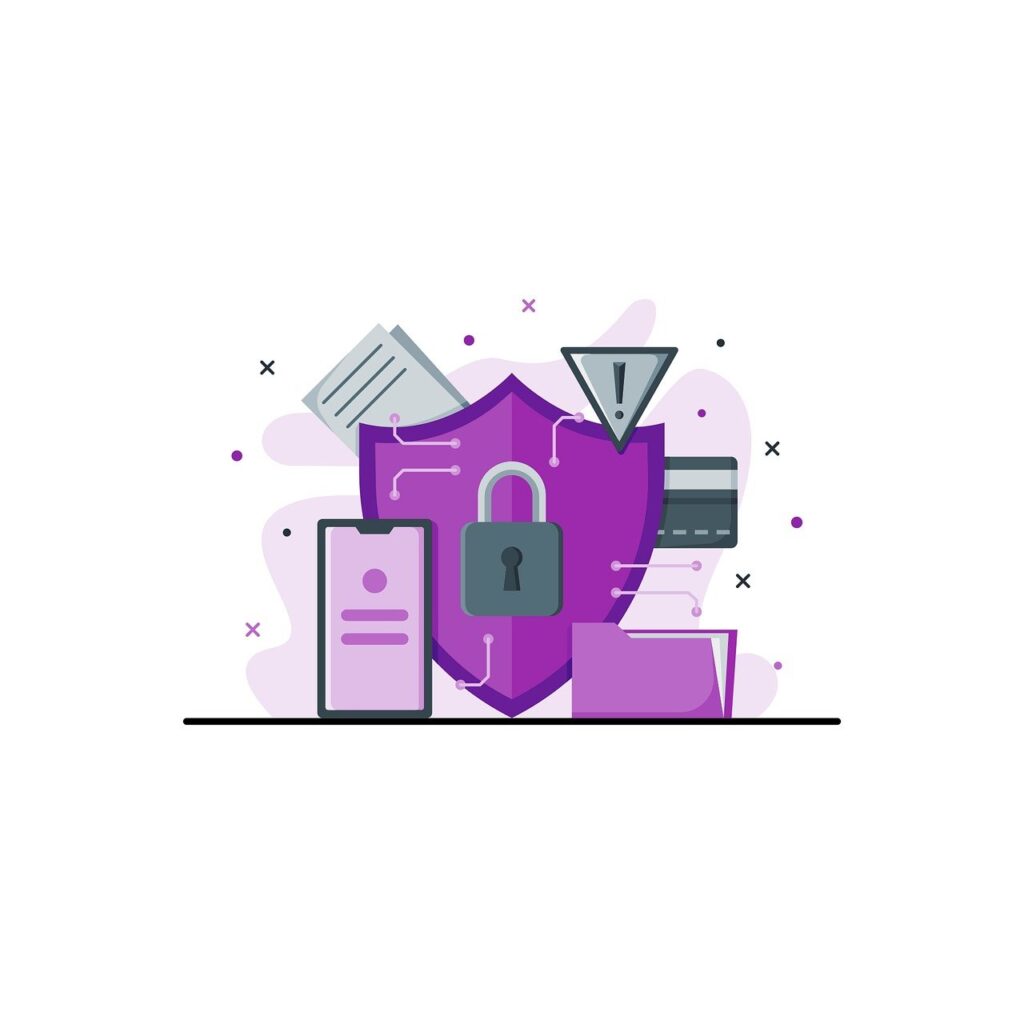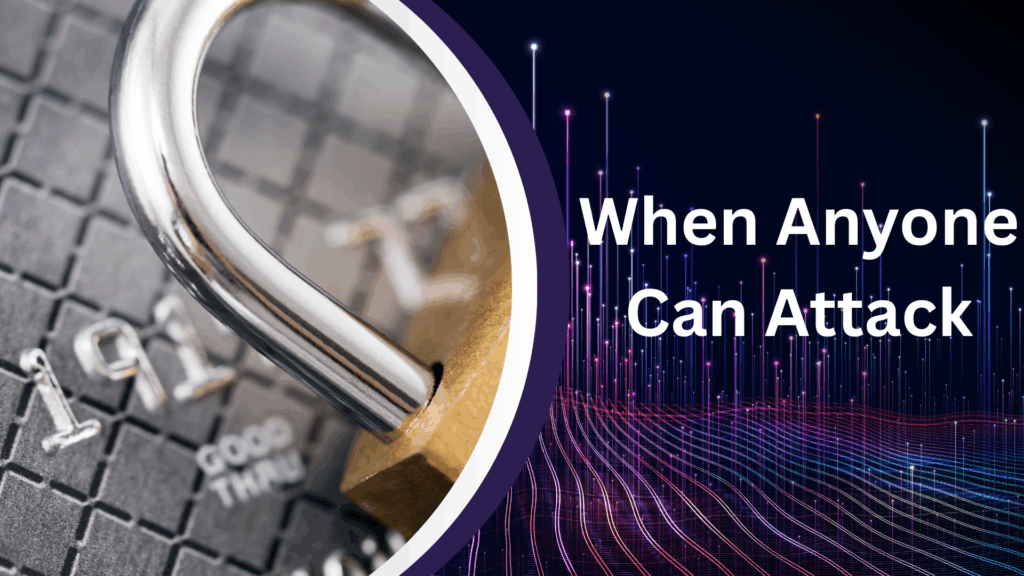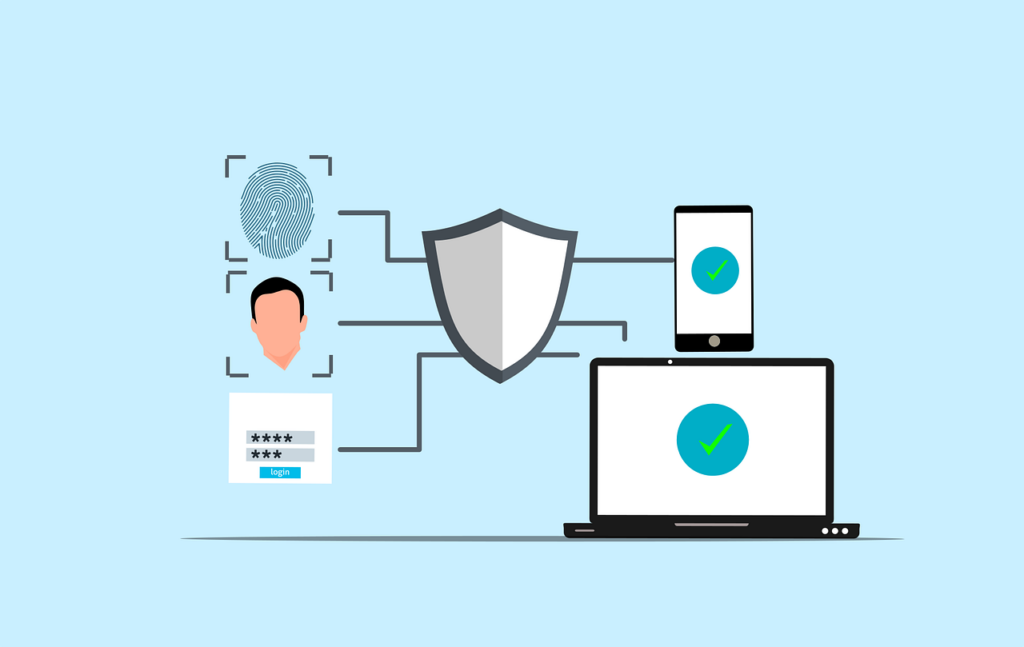Blackout Lessons: What the European Outage Taught Us About Business Resilience in the Digital Age
On April 28, 2025, a massive power outage plunged Spain and Portugal into darkness, disrupting daily life and highlighting vulnerabilities in our modern infrastructure. This unprecedented event serves as a stark reminder of the importance of resilient energy systems and robust cybersecurity measures.
While most companies focus on firewalls and phishing, far fewer prepare for what happens when the lights go out.
So, what can we learn? And more importantly — what can we do?
1. Power Is the Foundation of Cybersecurity
You can’t protect what you can’t power.
When servers go dark, security protocols often go with them. Without reliable backup systems, your endpoints become exposed… and your data vulnerable.
Recommendations:
- Conduct a power audit of critical systems
- Use smart UPS (Uninterruptible Power Supply) backups on all local servers
- Monitor power health using cloud-based platforms
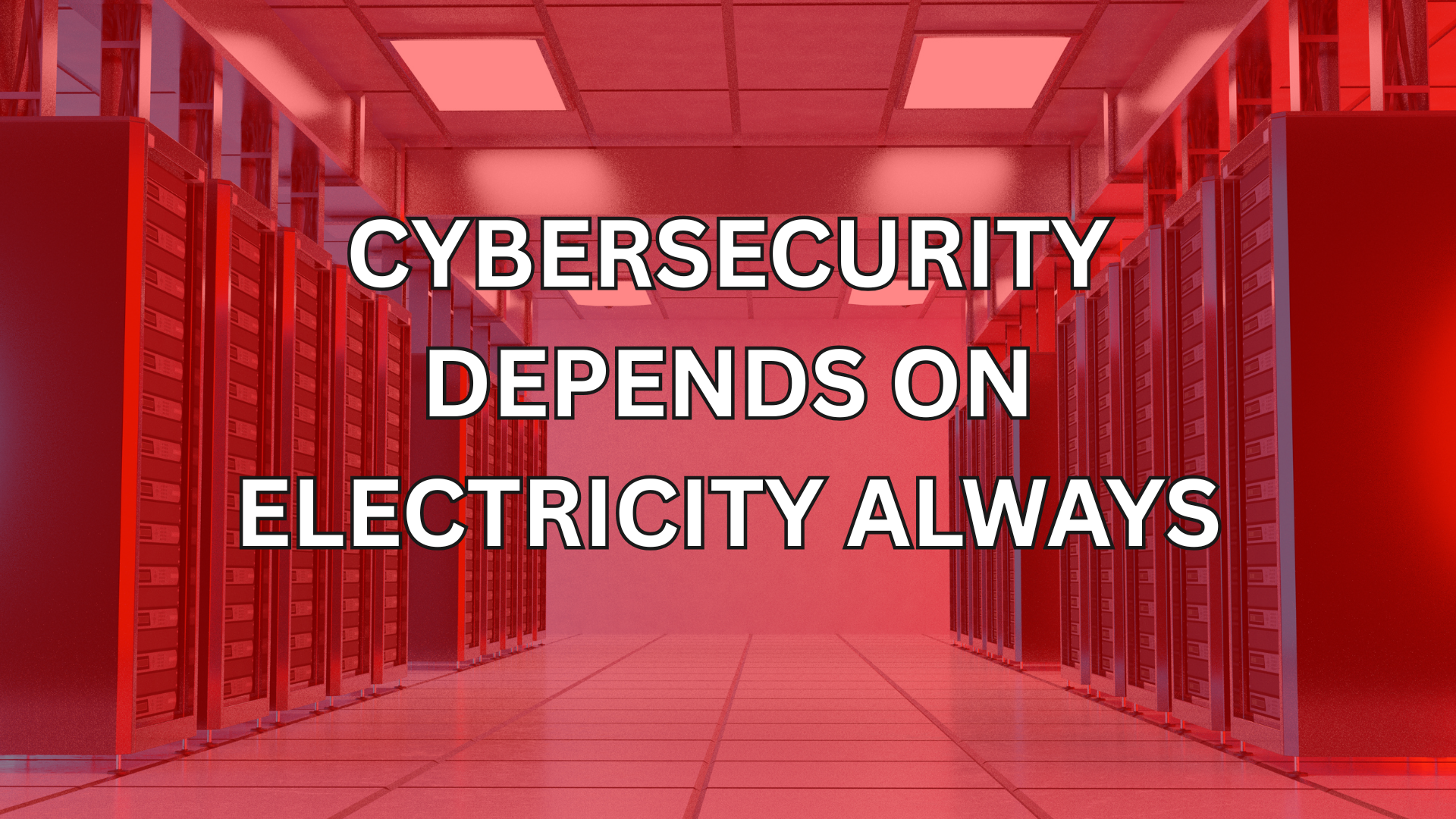
2. Redundant Systems Aren’t Optional Anymore
From UPS units to cloud failover servers — if you’re still relying on a single power or network source, you’re gambling with uptime. With cloud platforms offering cost-effective geo-redundant storage, and failover servers easier than ever to deploy, there’s no excuse to bet your uptime on a single point of failure.
Recommendations:
- Deploy cloud failover solutions for key systems (AWS, Azure, GCP)
- Use redundant internet connections (two different providers)
- Consider hybrid cloud models for business continuity
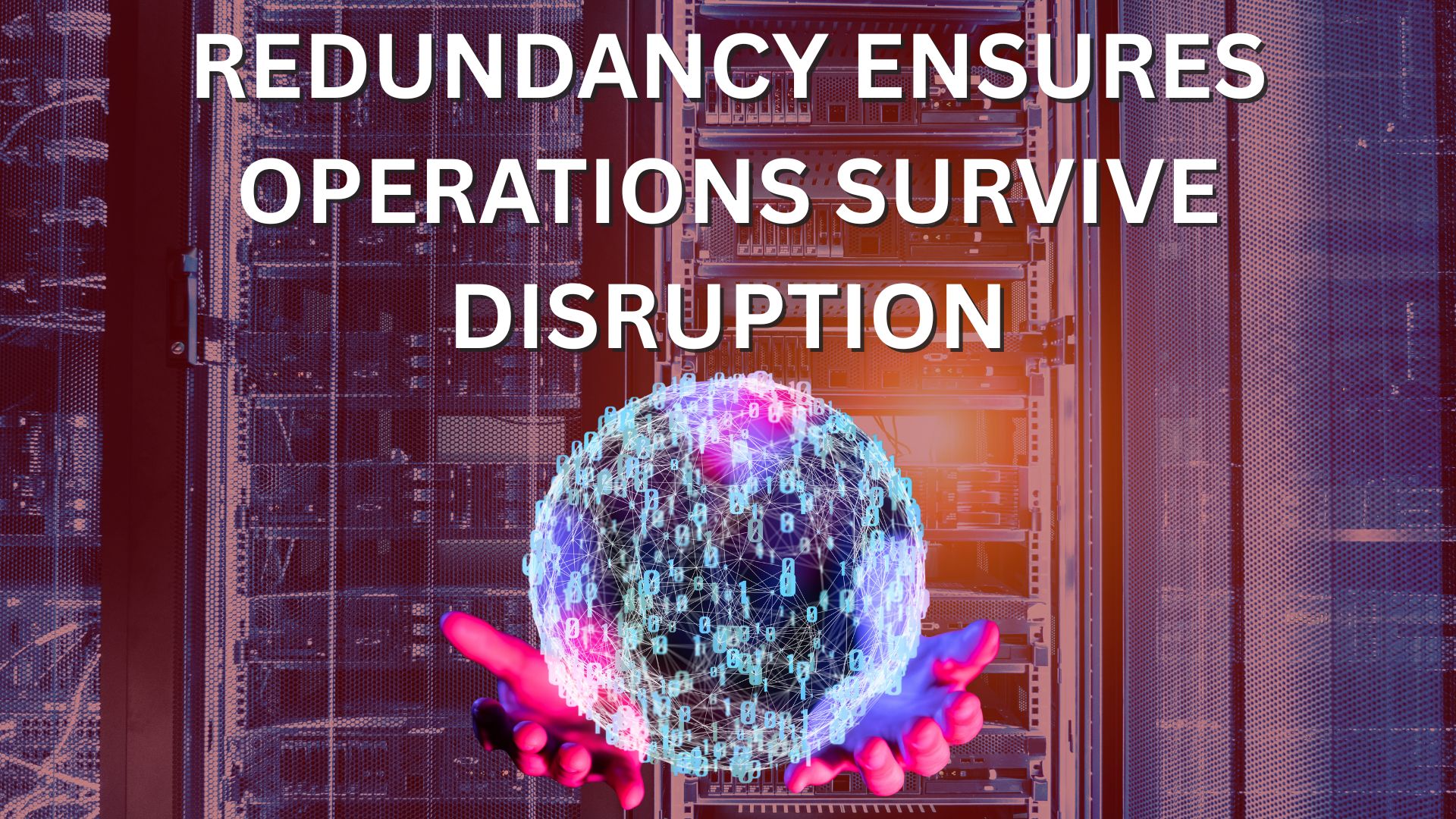
3. Employee Preparedness Is Security Too
During the outage, many staff were unsure what to do. Systems were down, communication tools offline.
Do your people know the protocol in a blackout?
Recommendations:
- Add “offline scenarios” to cybersecurity training
- Print emergency guides for physical locations
- Conduct power outage simulations once per quarter
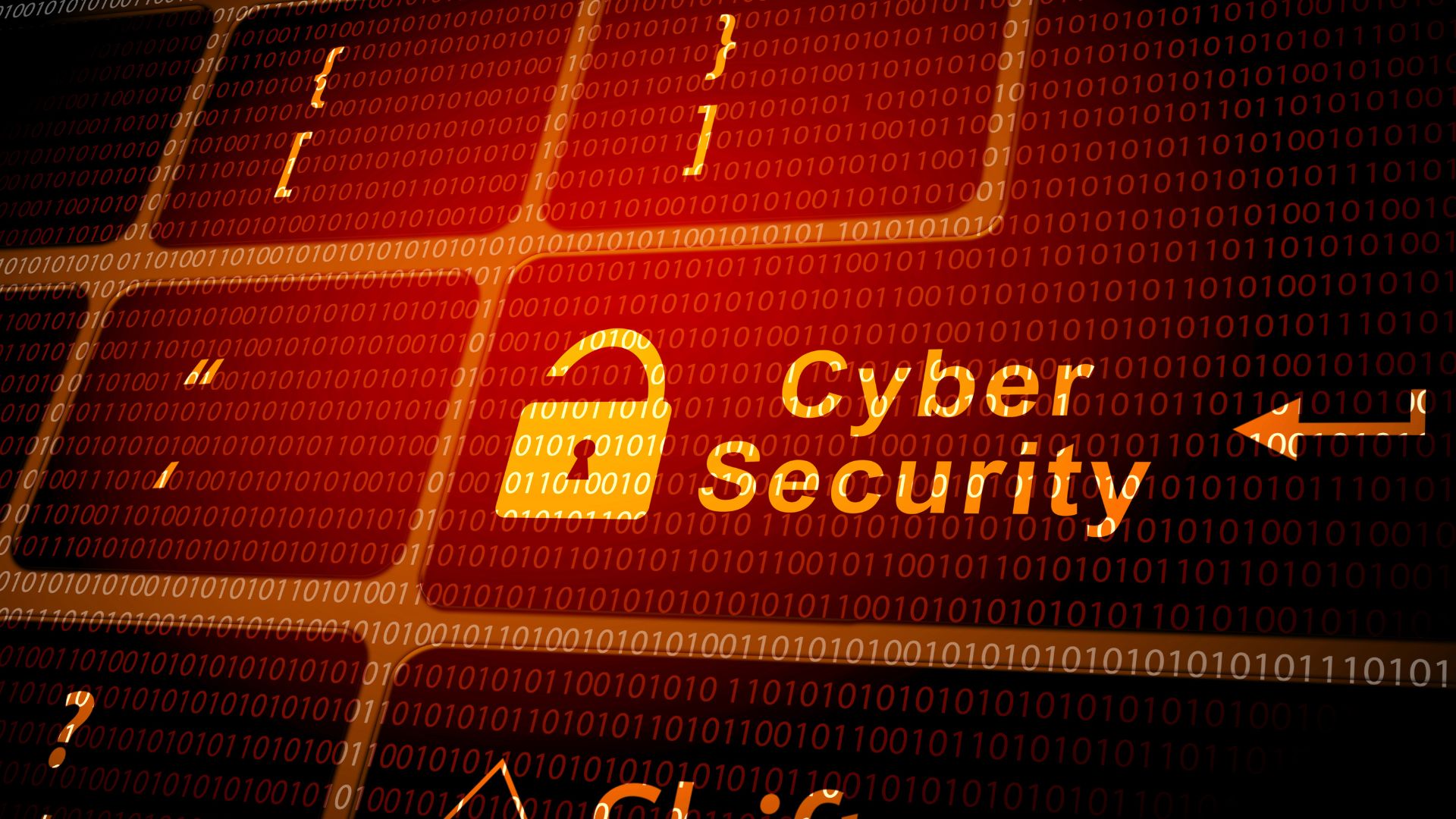
4. Incident Response Should Cover More Than Just Hackers
Most IR plans are tailored to breaches… not blackouts. But both can shut you down.
Update your response playbooks to include environmental or infrastructure failure. Simulate them. Time them.
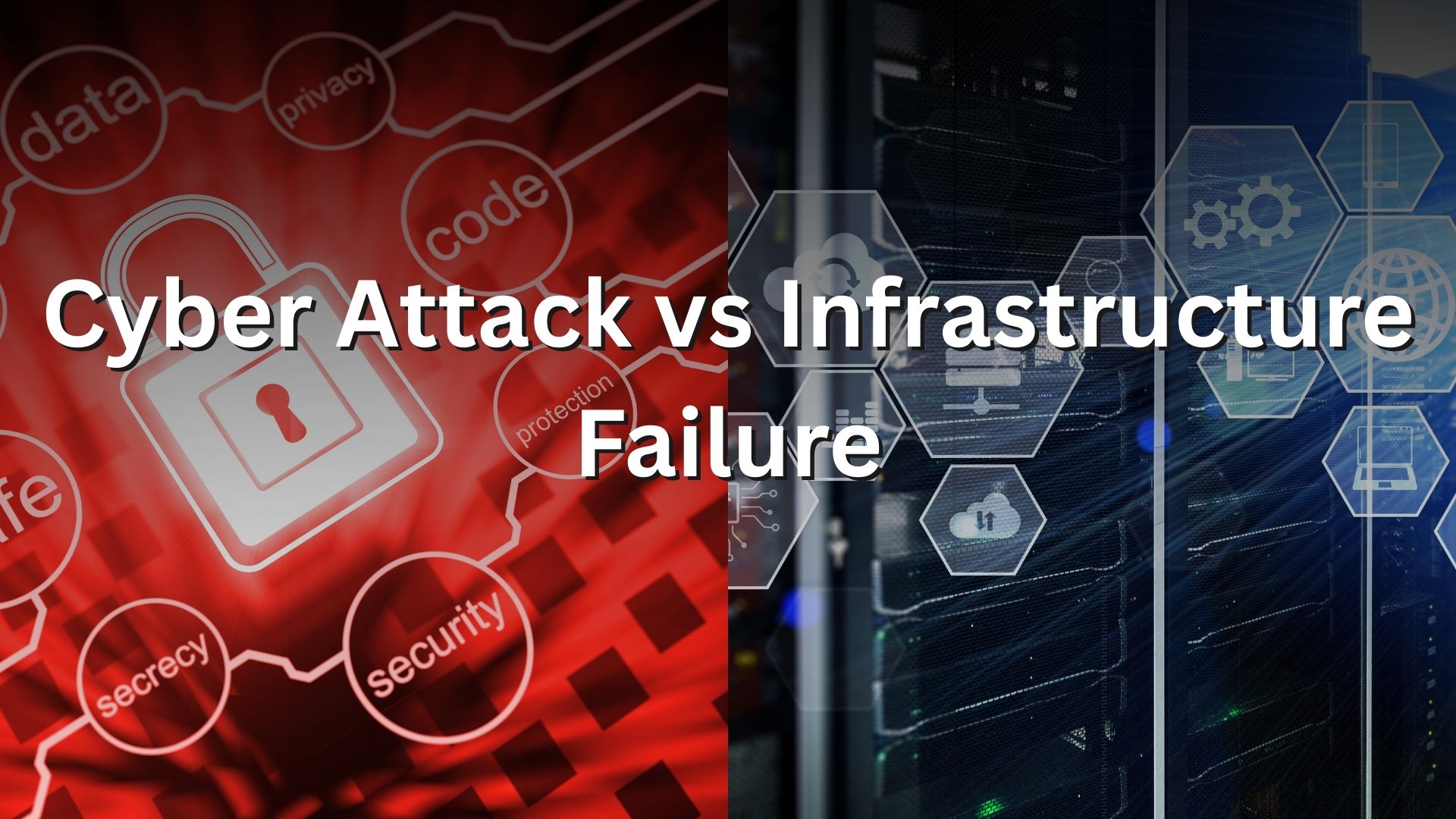
5. Talk to Your Providers Today — Not After
Do you know what your ISP’s SLA guarantees in an outage? Does your co-location data center have diesel generators?
Don’t assume. Ask.
Recommendations:
- Review all your SLAs today (ISP, co-location, software)
- Ask direct questions about emergency power, restoration time, and support protocols
- Keep contact numbers printed and accessible

The Iberian blackout may have lasted hours… but the lessons will echo for years.
Power outages are no longer rare anomalies. They’re part of the risk landscape — especially as weather events, geopolitical tensions, and infrastructure strain increase.
The smartest companies won’t wait for disaster to strike twice. They’ll ask:
At Masri Digital, we help accounting and legal firms prepare for everything — from ransomware to rolling blackouts. If you’re unsure whether your business could survive a real-world disruption…
? Let’s talk.
Let’s get you prepared.
Sources consulted for this article:







